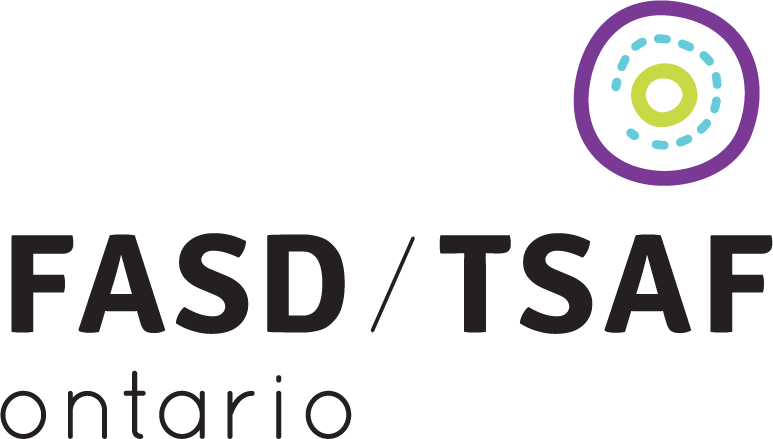A Complicated and Beautiful Brain 2nd edition

This guide by clinician Angela Geddes aims to understanding hidden Complex Neurodevelopmental disorders which are often directly linked to Prenatal Alcohol and Substance Exposures and what these conditions, and more specifically Fetal Alcohol Spectrum Disorder (FASD), look like across the lifespan.
A Complicated and Beautiful Brain 2nd edition

This guide by clinician Angela Geddes aims to understanding hidden Complex Neurodevelopmental disorders which are often directly linked to Prenatal Alcohol and Substance Exposures and what these conditions, and more specifically Fetal Alcohol Spectrum Disorder (FASD), look like across the lifespan.
Fetal Alcohol Spectrum Disorder (FASD): A Guide for Workers Supporting the Transition to Adulthood – (in french)
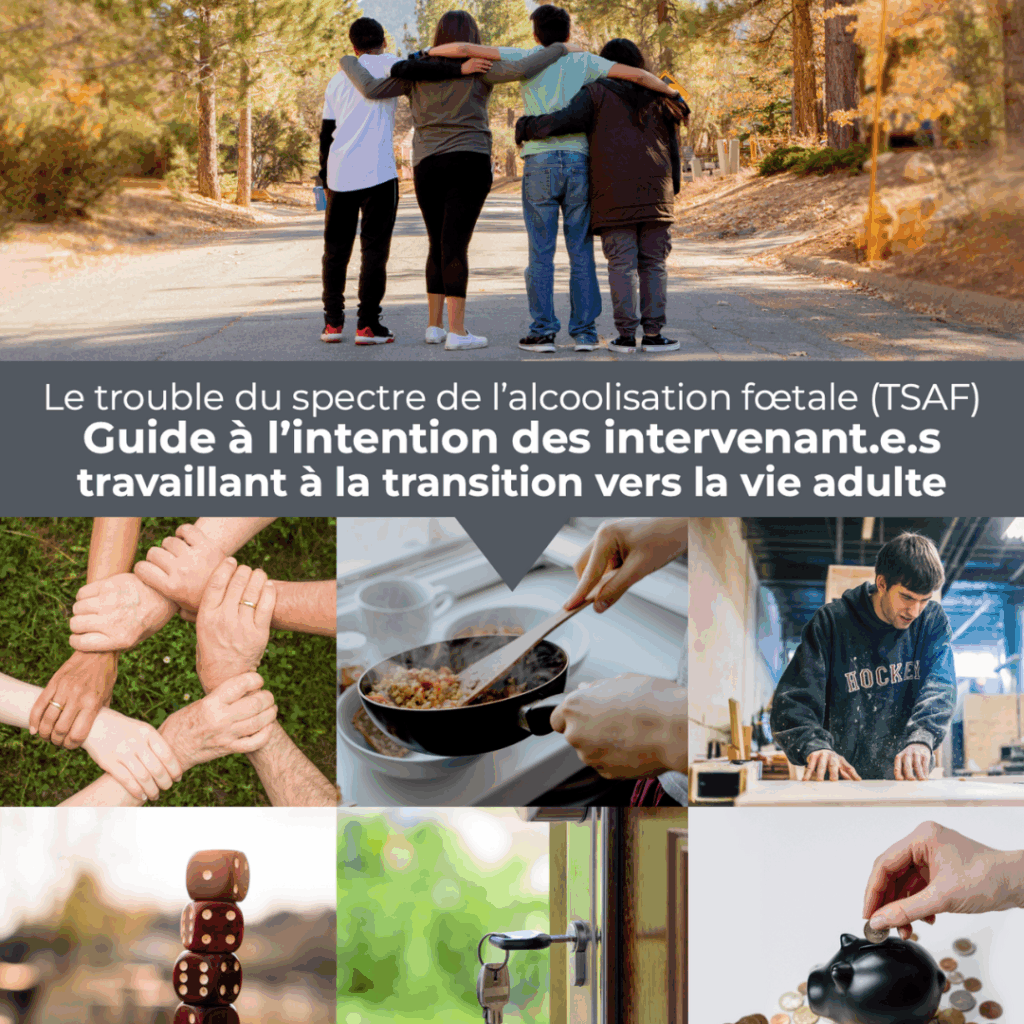
A guide for all organizations that support the transition to adulthood. (84 pages)
Fetal Alcohol Spectrum Disorder (FASD): A Guide for Social Service Workers – (in french)
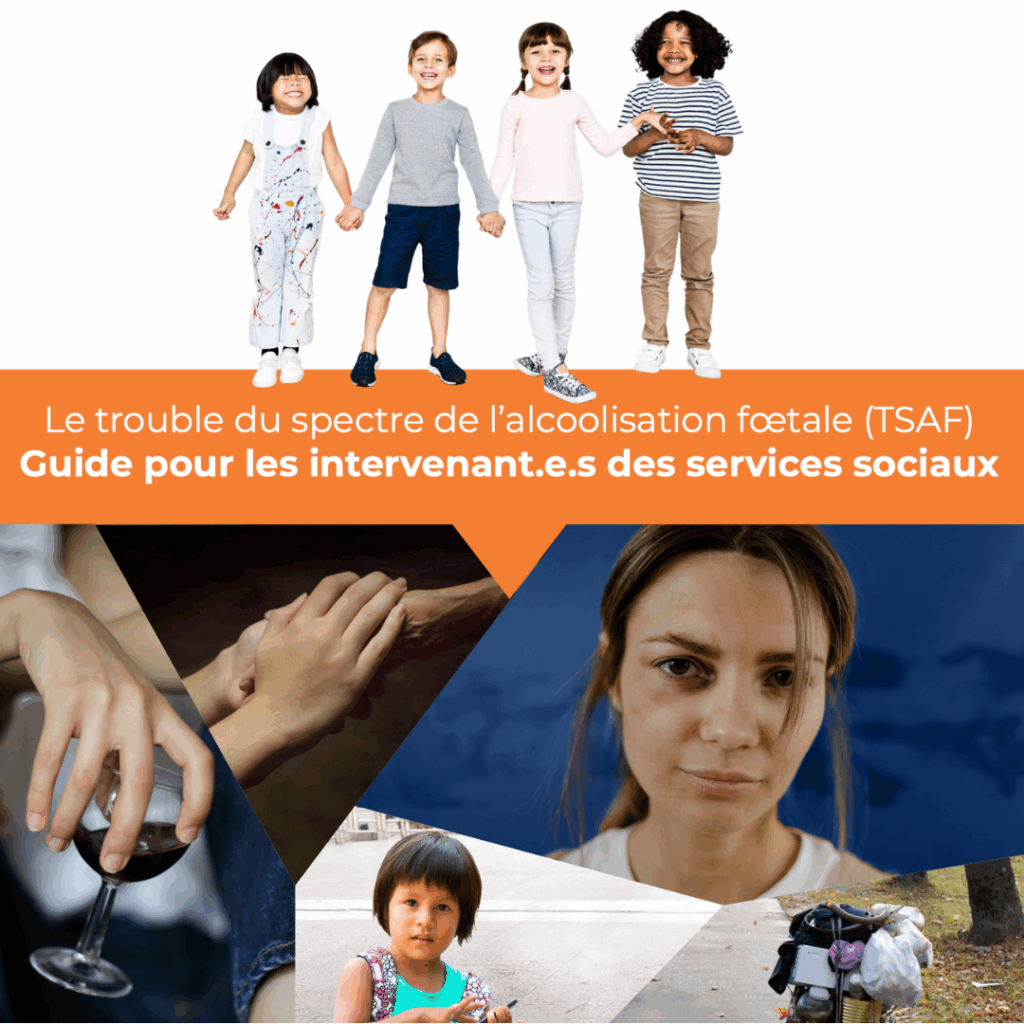
A guide for all social service providers. (98 pages)
Moving Towards FASD-Informed Care In Substance Use Treatment – Version 2: Adults & Youth

This guide outlines current practices to support individuals with FASD who are in treatment for substance use.
How to Stop or Prevent Financial Abuse: A Guide for Support Workers & Caregivers of Persons With Cognitive Disabilities

This guide will help you spot the signs that someone you care for is being financially abused.It will also teach you what you can do to help someone avoid financial abuse, or what they can do to stop being financially abused.
Tips for Support Workers

Tips for support workers including communicating and understanding behaviour (12 pages)
Strategies for Assisting Individuals with Fetal Alcohol Spectrum Disorder
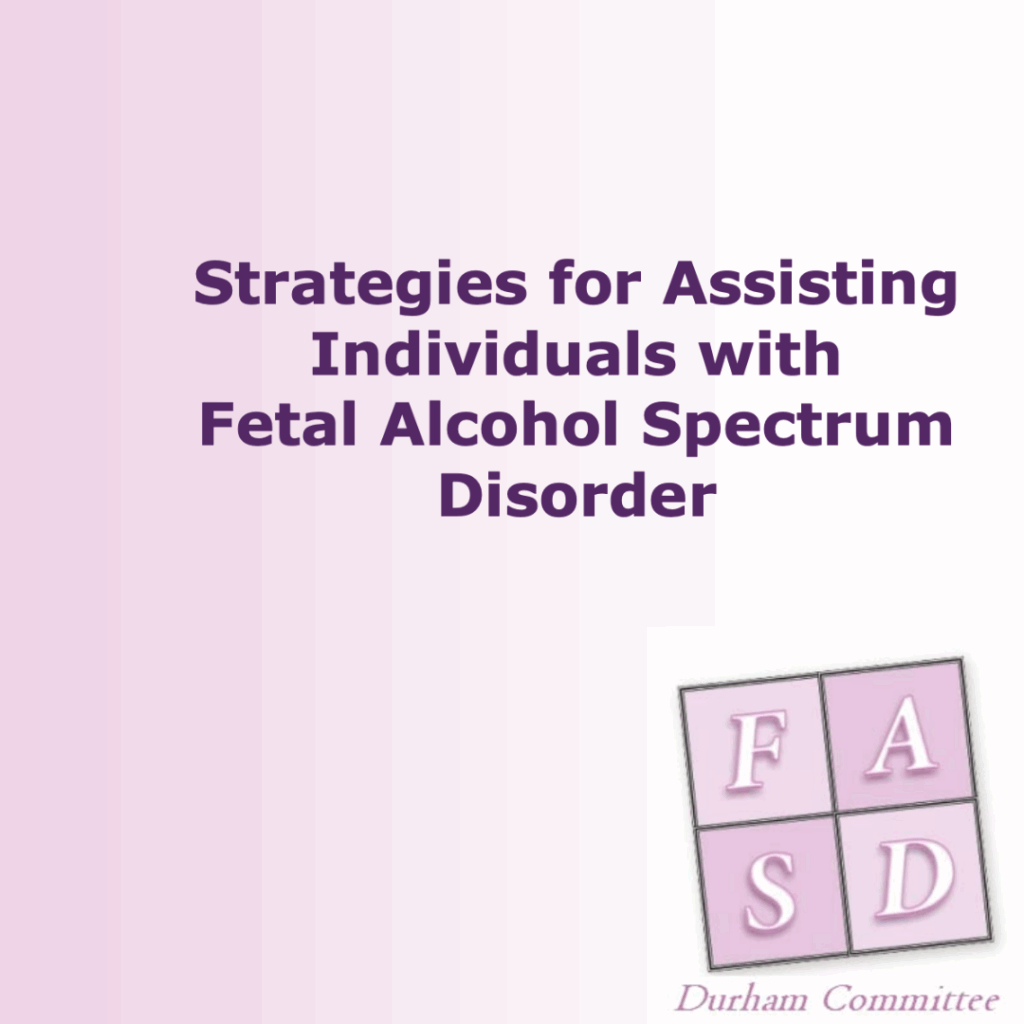
Social skills, teaching strategies, information about attention and learning (66 pages)
Prenatal alcohol exposure and infant gross motor development: a prospective cohort study

Maternal alcohol consumption in pregnancy may have adverse effects on child gross motor (GM) development. This study examined the association between prenatal alcohol exposure (PAE) and infant GM development at 12-months of age.
Pregnant Women’s Risk Perception of the Teratogenic Effects of Alcohol Consumption in Pregnancy

This is an article about a study that was conducted in order to analyze risk perception of alcohol consumption during pregnancy.
Infographic on Substance Use and Pregnancy

This series of eight infographics were developed to support BC service providers to successfully engage with women and their partners on alcohol use, pregnancy, and prevention of Fetal Alcohol Spectrum Disorder (FASD).
Guidelines for identification and management of substance use and substance use disorders in pregnancy
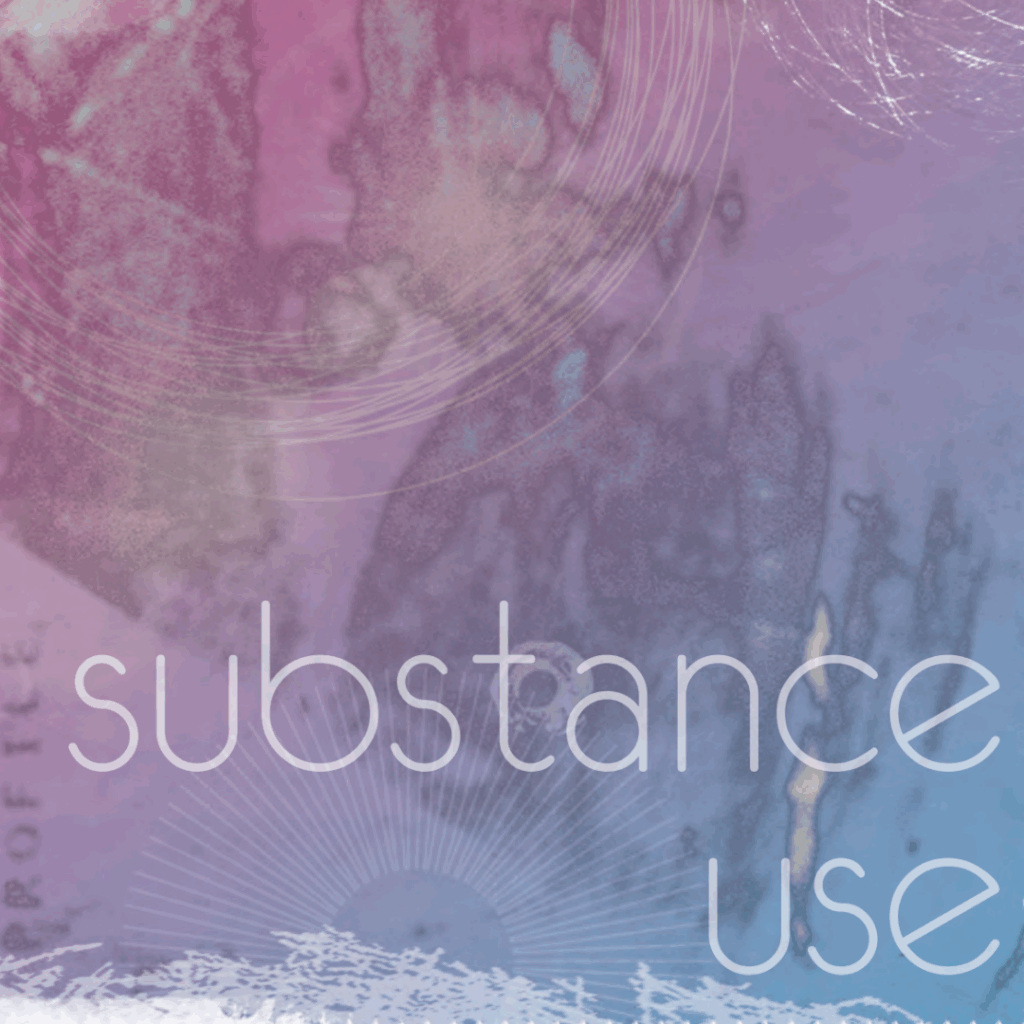
These guidelines contain recommendations on the identification and management of substance use and substance use disorders for health care services which assist women who are pregnant, or have recently had a child, and who use alcohol or drugs or who have a substance use disorder.
